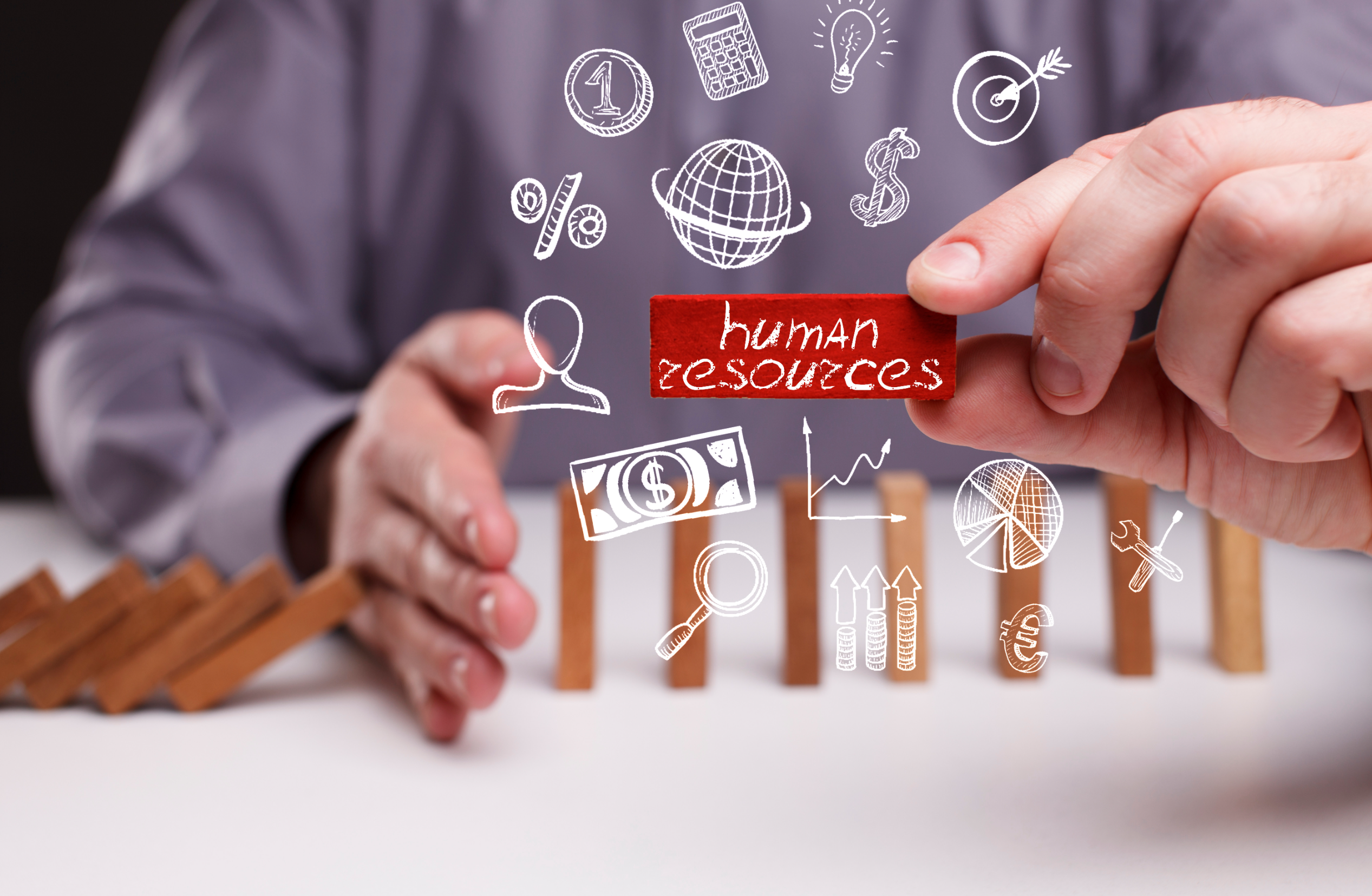Building trust and retaining top talent in a competitive labour market
- Josephine Tan

Attracting and retaining top talent is crucial for organisational success in today’s competitive labour market. While AI, data, and analytics are increasingly used to streamline the hiring process, building a compelling employer value proposition and a culture of belonging that empowers employees to feel included and supported is equally important. Organisations can reduce turnover among high performers by providing career paths and talent development for employees at all levels, including internal mobility.
Speaking with HRM Asia, Paul Rubenstein, CPO of Visier, highlighted that leaders now recognise that the employee is the focus, and a direct link exists between the success of an organisation and their people strategies. In this regard, trust in employers is a critical factor in talent acquisition. He cited a Visier survey, titled Top Five Reasons Employees Distrust Employers and Top Five Why They Do, which identified three main factors for employees’ lack of trust, namely employers who allow unchecked toxic behaviour from employees or leadership, being untruthful, and a lack of transparency regarding the organisation’s policies and practices.
Leading with empathy, transparency, and authenticity is critical in establishing trust, said Rubenstein, who suggested several ways for leaders to connect with their workforce. These including establishing credibility, promoting an engaging workplace culture, having direct one-on-one conversations with employees, and promoting pay transparency.
Investing in the right software is also crucial to maintaining and improving the employee experience. Modern and innovative technologies, such as WorkJam, deliver insights into how employees feel, where they need support, and what improvements they would like to see. Leveraging these technologies helps organisations become an employer of choice, enabling them to assess their employees’ satisfaction, recognise and reward, enable flexible working arrangements, provide upskilling, streamlined communication, and improve onboarding.
Andrew Myers, Managing Director of WorkJam APAC, said, “As more and more organisations look to implement WorkJam’s technology, they are seeking positive results within their workplaces. We believe frontline workplaces are evolving, saying goodbye to traditional communication methods, and opening their arms to innovative ways to stay connected with their places of work.”
Myers observed that more organisations are implementing technology like WorkJam to enhance the employee experience, in line with the trend towards innovative communication methods.
Karin Borchert, CEO of Modern Hire, emphasised the significance of ethical and conscious use of technologies such as AI in workflow deployment to ensure the relevance of candidate data collected. Validating AI technologies to predict job and organisational outcomes while minimising discrimination against individuals is crucial. To achieve this, she suggested requiring full technical reports from vendors to describe their validation process and results.
Borchert’s emphasis on ethical use also includes the need to obtain informed consent from candidates, as regulations on this issue become more prevalent. To further ensure ethical use, Borchert stressed the importance of vetting talent acquisition AI vendors and making sure that the platform only collects job-relevant responses from candidates, without collecting social media information, facial recognition data or speech pattern analysis.
The pandemic has led employees worldwide to re-evaluate their personal and professional priorities, resulting in a shift towards aligning their purpose and values with those of their working environment and organisation. This renewed focus on workplace culture has a role to play in improving teamwork, raising morale, and enhancing talent retention.
Rishi Kapoor, APAC Managing Director – Growth, AMS, said, “Promoting a positive and engaging workplace culture isn’t just about installing the latest coffee machine. Skills retention for a modern workforce involves a network of interconnecting benefits and career mapping initiatives, alongside an awareness that a diverse, equitable and inclusive workplace supports individuals to thrive and realise their ambitions.”
Career mobility is essential for retaining top talent, and understanding where skills lie within an organisation and aligning against future organisational goals means HR teams can give better career advice to talent, promoting internal pathways that enable career success, Kapoor added. “Technology increasingly has a role to play in this area, supporting teams to easily and accurately identify and align adjacent skills, helping to broaden talent pools far more quickly than more conventional approaches.”
Flexibility is also increasingly valued in today’s workforce, delivered either through remote or hybrid working practices. Kapoor explained that this comes with a new challenge for organisations to think deeply about how they convey culture and employer brand initiatives to remote employees. “These are not necessarily easy initiatives to get right but organisations who focus on building an authentic workplace culture will reap the rewards in an increasingly competitive talent climate,” he concluded.






